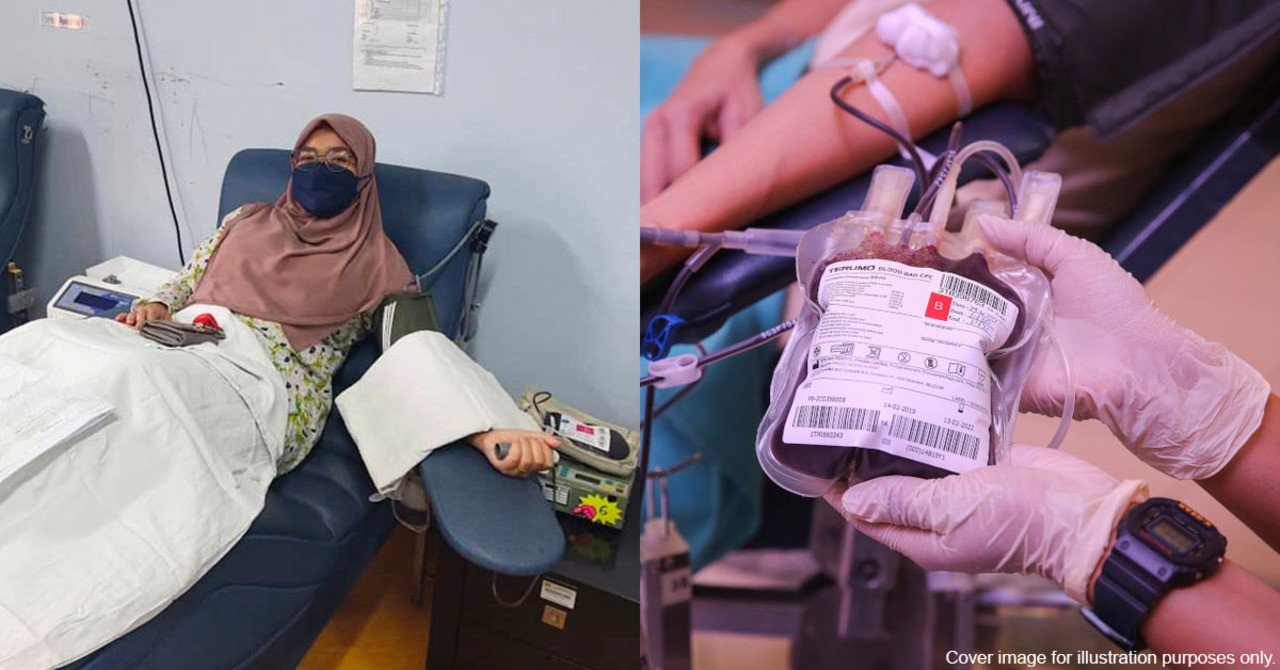You need to add one more next to the blood groups you know. There is another blood type that less than 50 people in the world have. This blood type is known scientifically as Rhnull (Rhesus null), but is often referred to as “golden blood” due to its extreme rarity and value to others. To explain why this blood group is so valuable, it may be helpful to remember the more common blood types.
You are most likely familiar with the four main blood groups called A, B, AB, and O. This grouping is determined by the presence of A and B antigens, which will trigger an immune response if a red blood cell is administered to an incompatible person. A blood group has A antigen, B blood group has B antigen, AB blood group has both antigens and O blood group has no antigen.
In addition to the A and B antigens, there are other proteins, called the Rh factor, which are found in red blood cells and whose presence or absence determines whether a blood group is positive (+) or negative (-). Although there are actually 61 blood group antigens (Rh antigens), the negative/positive distinction indicates the absence or presence of an Rh antigen, the Rh(D) antigen.
A person can only donate blood to someone with compatible blood antigens. That is, people with Rh− blood can donate blood to both Rh− and Rh+ recipients because they lack the Rh− protein. However, those with Rh+ blood cannot donate blood to Rh− recipients. Rh positive is much more common than Rh negative, although there are some differences between different populations.
Type O negative blood does not have any of the antigens mentioned here, so it does not trigger an immune response from the person it is given and is defined as a universal blood type (general donor).
The situation is much more complicated than that because of the hundreds of types of antigens that exist. But these basics will suffice to understand why golden blood is so unusual.
What is golden blood (Rhnull blood)?
Golden blood is devoid of any Rh antigen. The genes of people with this blood group do not have these proteins or mutations that will create these proteins. So they lack each of them.
The first case of golden blood was detected in an Indigenous Australian woman in 1961. Dozens of rare cases have been identified since then, and scientists estimate it’s around 1 in 6 million people worldwide. No one knows for sure, but there are only 43 confirmed cases.
 The Terengganu woman in the photo is among 43 confirmed people on Earth with the rare ‘Golden Blood’ type
The Terengganu woman in the photo is among 43 confirmed people on Earth with the rare ‘Golden Blood’ typeThe blood group is hereditary and the Rhnull blood group shows the same hereditary feature. It occurs when there is a mutation in the RHCE gene inherited from each parent, in a rare event known as autosomal recessive inheritance, that is, when a person inherits two copies of the mutated gene, one from each parent.
Rhnull blood is considered “universal” blood (true universal donor) for anyone with rare blood types within the Rh system, as it lacks any antigens that could raise an alarm for the immune system. This means that Rhnull has great potential for blood transfusions.
It has also been used in biomedical research, such as the development of immunoglobulin-based drugs used to prevent Rhesus disease, a condition in which antibodies in a pregnant person’s blood attack the baby’s blood cells.
However, having Rhnull blood can cause some serious problems. If a Rhnull carrier needs a blood transfusion, it will be extremely difficult to find a compatible donor with Rhnull blood. Golden blood is incompatible with any other blood group because it contains a group of Rh antigens that the body of the owner is not accustomed to.
It is also linked to some health complications. Red blood cells lacking Rh proteins have structural abnormalities that can cause them to rupture or “leak” easily.